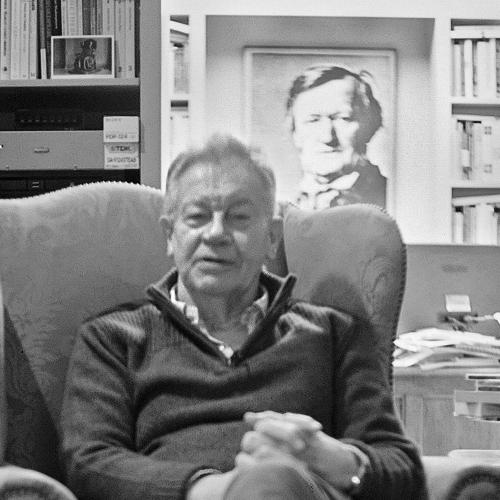COMPOSERS: Debussy
LABELS: EMI
ALBUM TITLE: Debussy
WORKS: Prélude à l’après-midi d’un faune; La mer, La boîte à joujoux; Three Preludes
PERFORMER: Berlin PO/Simon Rattle
CATALOGUE NO: 558 0452
This is a frustrating disc, in that the first half of it consists of wonderful performances of two great works, while the rest of it is of pieces of much different calibre. There are, of course, innumerable very fine recordings of Prélude à l’après-midi d’un faune, and of La mer, and they are possibly masterpieces which permit a narrower range of interpretation than many works of their stature. Nevertheless, Rattle and the Berlin Philharmonic, resplendently recorded, capture the languorous sensuality of L’après-midi supremely well, with the flautist Emmanuel Pahud phrasing in huge spans, and with the most refined rubati. La mer is less tempestuous than it can be, and the dynamic range is smaller than on some modern recordings, but I find it more convincing and more evocative than when it is turned into a concerto for orchestra. Once again every last touch of colour emerges in this beautifully natural recording.
Debussy only scored a small part of his ballet La boîte à joujoux, which he regarded as a minor work, written to captivate children. He was right. It is fun, but too prolonged, and André Caplet’s scoring doesn’t always sound authentic. Colin Matthews’s scoring of three of the piano Preludes strikes me as a much more creative act, or rather a recreation of pieces in one medium so that they sound entirely natural in another one. But still – would one want to hear often this tour de force of re-invention of pieces that so brilliantly exploit pianistic potential? That’s especially pertinent to ‘Feux d’artifices’, one of the most brilliant explorations ever of the piano. So unless you want to pay full price for half a disc, I would still recommend Haitink’s two-CD collection of Debussy’s finest orchestral works, at bargain price. Michael Tanner
